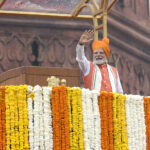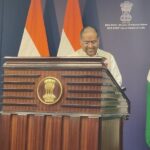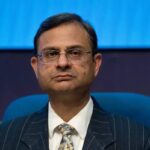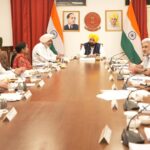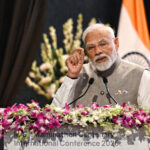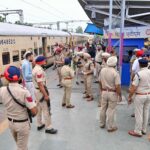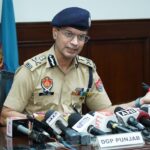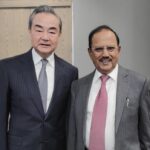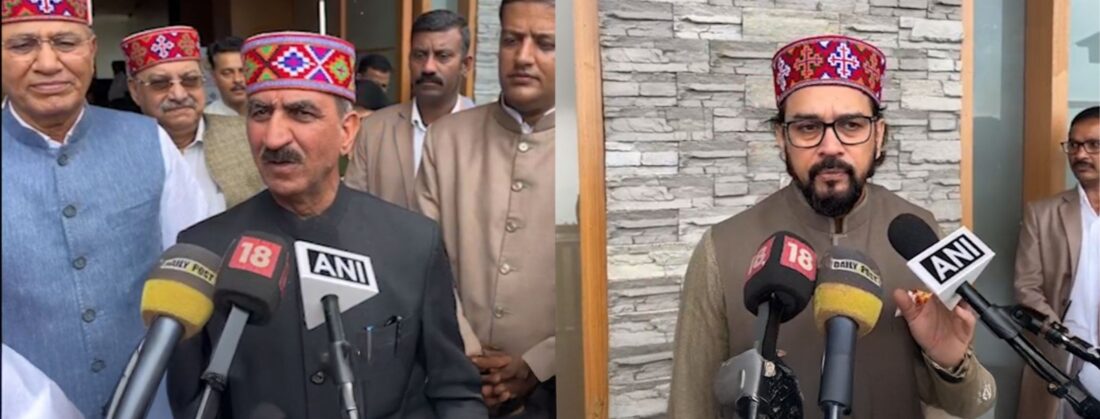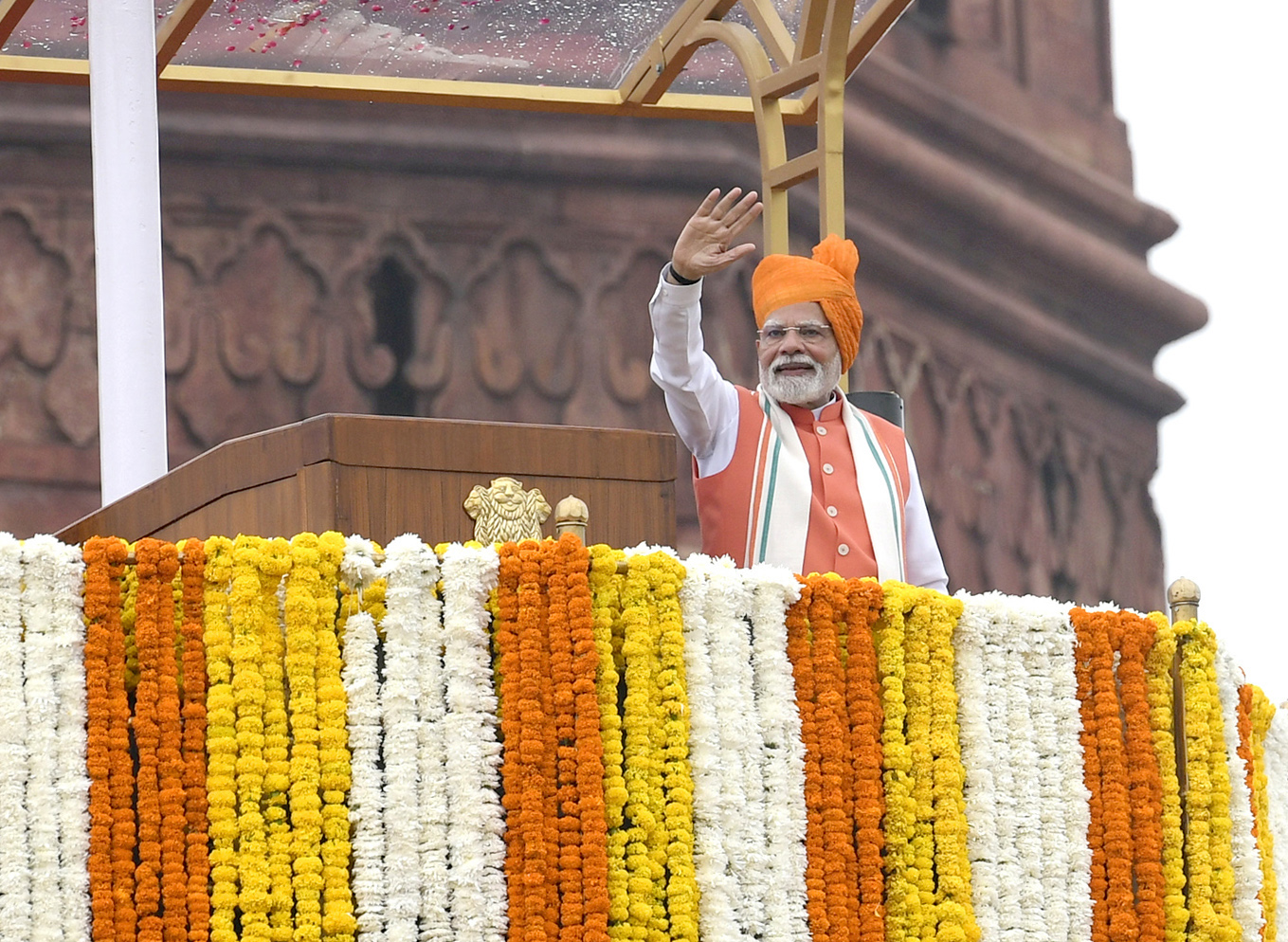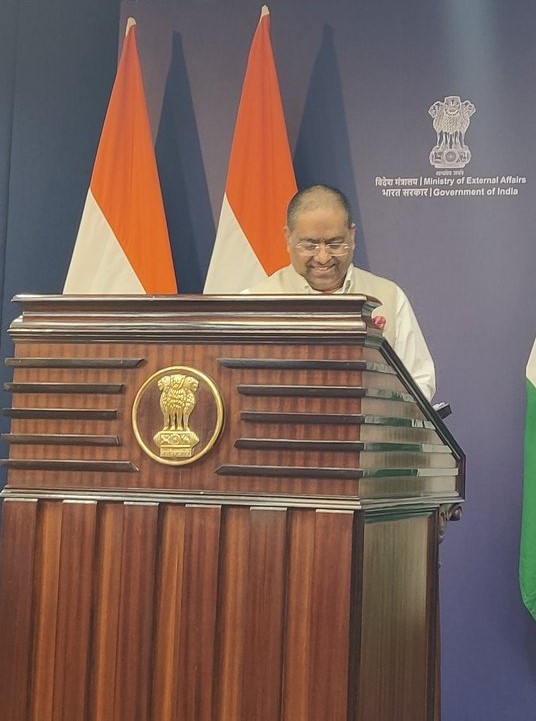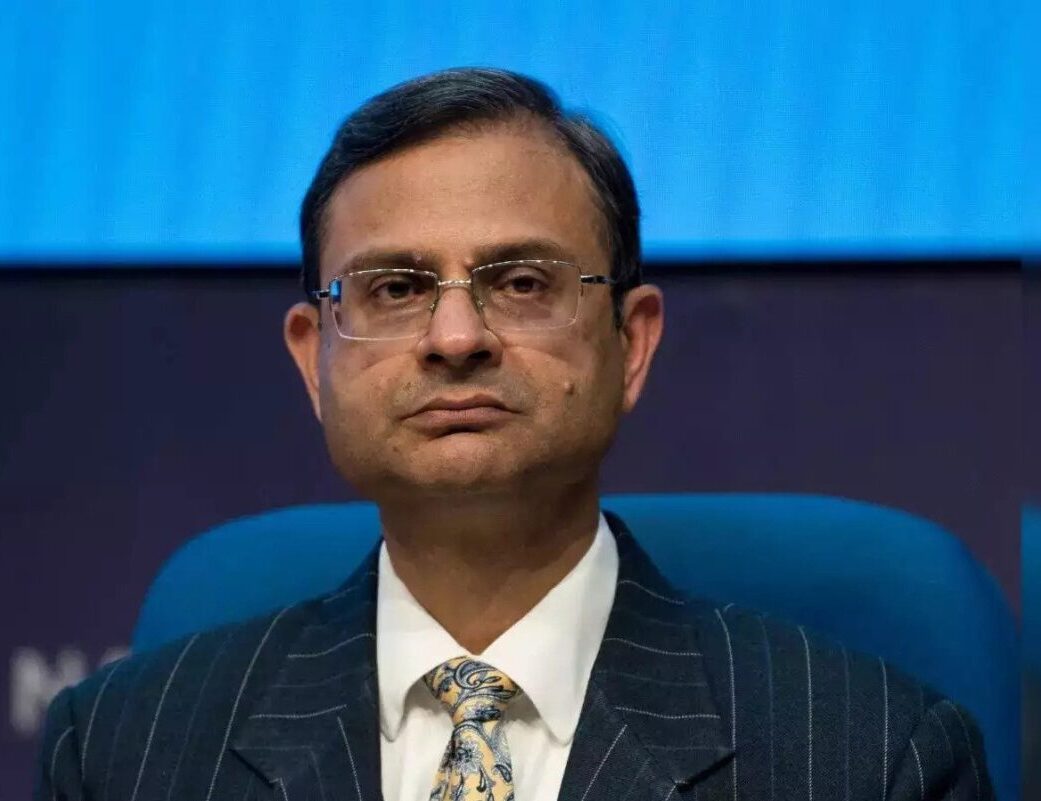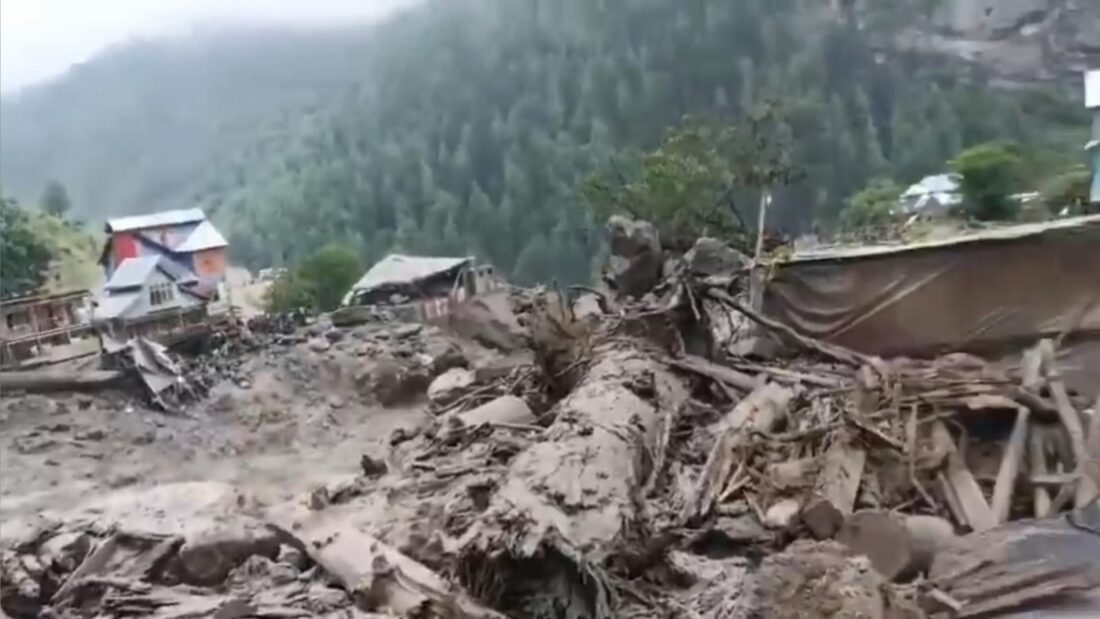Yog Raj Sharma
The North News
Shimla, June 19
A visit by the Joint Parliamentary Committee (JPC) on the proposed ‘One Nation, One Election’ framework to Himachal Pradesh has brought to light stark differences between the ruling Congress party and the Bharatiya Janata Party (BJP) over the feasibility and implications of synchronising elections across India.
During a key meeting in Fagu, Chief Minister Sukhvinder Singh Sukhu made it clear that the Congress party opposes the concept of holding simultaneous elections to the Lok Sabha and state assemblies. “The Congress does not support this idea,” Sukhu said, adding that the state government nonetheless participated in the discussion and shared its own suggestions, including proposals to extend the period for holding by-elections from six months to one year and to create a legal framework to manage cases where a government falls before completing its term.
The committee, currently touring states to gather feedback on the contentious proposal, met with a range of stakeholders in Himachal Pradesh, including the Chief Minister, Deputy Chief Minister, the Speaker of the Legislative Assembly, the Leader of the Opposition, political party representatives, and academics.
In contrast to the Congress’s opposition, Union Minister and BJP MP Anurag Thakur strongly backed the proposal, arguing that it would streamline the electoral process and accelerate national development. “One Nation, One Election will fast-track the country’s progress,” he said. “It will reduce the repeated imposition of the Model Code of Conduct, cut election expenditure, and save administrative time.”
Thakur, a member of the JPC, stressed that the committee’s purpose was not to impose a decision, but to gather views from all quarters. “We want to build consensus. That is why we are engaging with all political parties and social stakeholders,” he said.
However, the meeting was also marked by political tensions, with Thakur levelling sharp criticism at the Congress-led state government. He accused it of mismanaging central funds provided for disaster relief, claiming that assistance from the Centre was distributed selectively, with preference allegedly given to Congress workers. “Himachal wants help from the Centre but cannot even acknowledge it. Not a single word of thanks has come,” Thakur said.
He also alleged that local development funds recommended by MPs for road and housing construction were used without recognising their contributions or inviting them to project inaugurations. “This is not cooperative federalism,” he added, calling the government’s conduct politically motivated.
Despite the disagreements, both sides agreed on the importance of open consultation. The JPC will continue its state-level engagements before drafting recommendations on whether and how the policy should be implemented.


